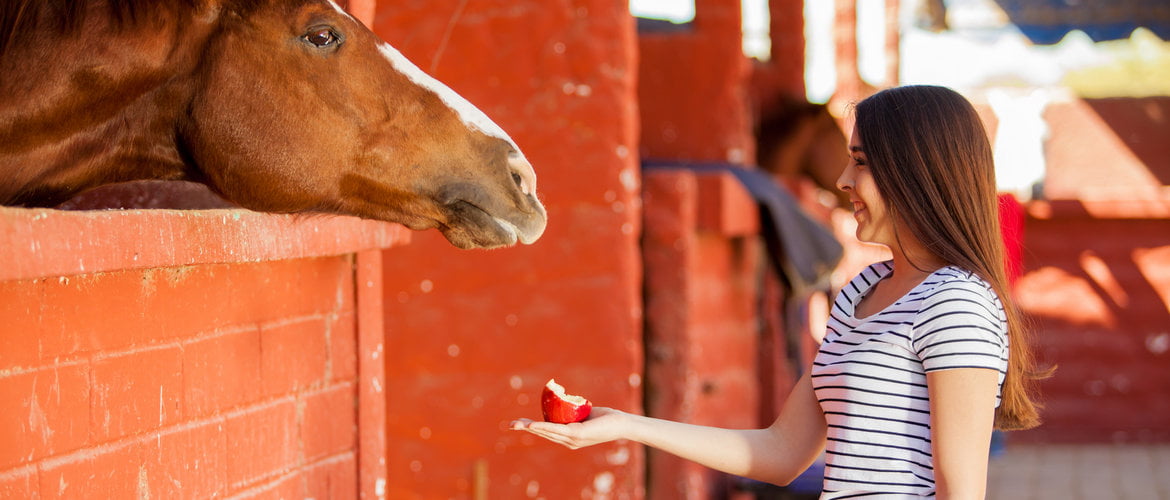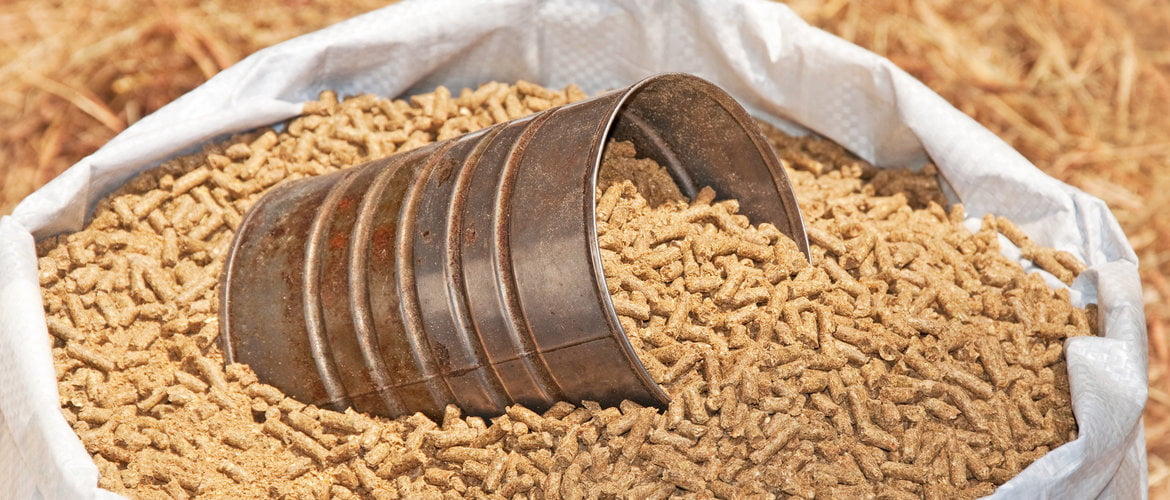Aug 5, 2019, 4:10 PM
You cannot sustain a competition horse with a formula designed for less active horses. Competition horses need a diet that will complement, replace, and enhance the natural nutrients in their body. They also need a diet that will keep them regular, help them build muscle, and keep them hydrated. That last point is particularly important in the United Arab Emirates, where the blazing sun causes horses to sweat more rapidly than their Western counterparts. Finding a brand of horse feed, you can trust can be a challenge, but it is not impossible. By following the steps outlined below, you can determine which formula is right for your competition horse.

Learn the Terms
Horse feeds are primarily differentiated under three different categories. These are complete feeds, supplement feeds, and concentrate feeds. So, what’s the difference between the three? A complete feed contains high amount of fiber, this helps to keep the horses regular without any hay or grass. Secondly, a complete feed is high in protein, vitamins, and water. A supplement feed on the other hand contains significantly fewer amount of essential nutrients. It can be fed to a horse only in conjunction with its natural diet. Lastly, a concentrate feed focuses only on one ingredient. It is often used with a specific goal in mind, such as weight gain. A competition horse should be fed using a complete to ensure it receives all the nutrients required to be effective in a competitive setting.
Consider Your Horse’s Condition
A competition horse requires different feeds at different points in its life cycle. Especially in a country where the temperature consistently reaches beyond 45-degrees Celsius, the animal should be fed with a formula that is high in electrolytes. Electrolytes are minerals which are naturally generated within a horse's body to stimulate nerve and muscle function. Unfortunately, these minerals are lost almost as soon as they are produced through feces, urine, and sweat. In such a situation, the horse needs to be provided with a feed that can effectively replace the electrolytes that are lost.

Avoid Starch
Perhaps the heading is a bit misleading. You should not avoid starch altogether while searching for a quality horse feed. However, you should also be sure to not include too much of it in your horse’s diet. We say this because horses cannot digest large amounts of starch in the small intestine. If starch enters the large intestine intact, the horse will likely develop colic or laminitis. It will, of course, negatively impact their performance and quality of life. An excellent horse feed should contain some degree of starch but should not overdo it. Most experts agree that the optimum starch content in a horse feed is less than 29%.
